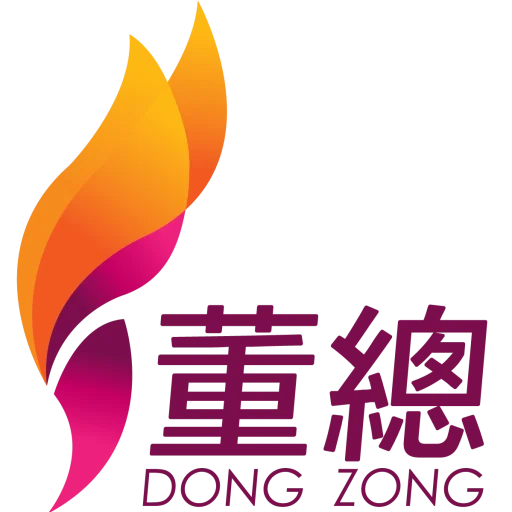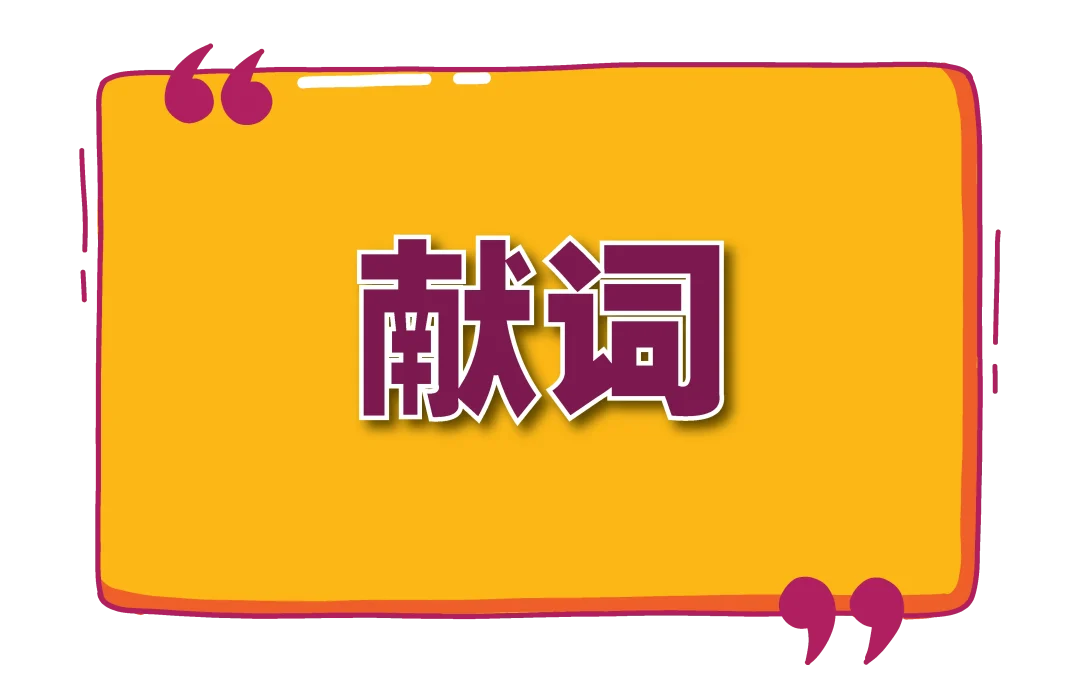January 1, 2025
As we bid farewell to 2024 and welcome 2025, the world continues to witness unprecedented changes. With Donald Trump returning as the President of the United States, the political landscape in Washington is likely to undergo significant turbulence, adding further complexity to the global stage.
In Malaysia, while Prime Minister Dato’ Seri Anwar Ibrahim has made some progress in economic reforms and foreign policy, key areas such as institutional reforms and civil rights protections remain unfulfilled. The controversial decisions by the Attorney General’s Office over the past two years, which saw prominent figures escaping corruption charges, have raised doubts about the government’s commitment to fighting corruption. Reform is undeniably challenging, but leaders must remain steadfast, guided by a sense of responsibility to history and the people’s welfare.
Education policy must align with national aspirations, nurturing capable and ethical individuals. Unfortunately, the 2025 budget still lacks transparency in its allocation for multi-stream education, failing to ensure equitable distribution. Reports from the World Bank and the 2022 PISA assessment have revealed significant learning gaps among Malaysian students. Ministry of Education is urged to conduct a thorough review and take corrective actions.
As the current National Education Blueprint concludes in 2025, the next blueprint must reflect Malaysia’s multicultural reality and inclusivity, embodying the spirit of “Malaysia Madani”. Efforts to standardize Malay language curricula across all primary schools should not disregard the concerns of non-Malay communities. Issues such as the mass transfer of Chinese primary school teachers in Johor, unresolved fundraising guidelines, and ongoing challenges to multi-stream education highlight the persistent need for systemic change.
Dong Zong continues to make steady progress in advancing mother tongue education and promoting cross-cultural harmony. Key milestones include the successful celebration of Dong Zong’s 70th anniversary and a comprehensive survey of Chinese primary school boards, with the report set to be released soon.
In education reform, initiatives such as scientific experiments and trilingual oral tests are advancing under the Independent Chinese Secondary Schools Education Blueprint. Efforts to reform the Unified Examination framework and foster self- learning platforms are ongoing. Furthermore, following a court judgement regard to the land dispute involving the Dong Zong Multi-purpose Educational Complex, construction work is set to resume after more than a year of delay.
Resolving educational issues begins with dialogue. Minister of Education Fadhlina Sidek’s pragmatic approach during her first meeting with Dong Zong and Jiao Zong is commendable, and it is hoped that her ministry will promptly implement effective policies to address multi-stream education challenges.
In 2025, Dong Zong remains committed to enhancing its organizational professionalism, implementing independent school reforms, and fostering a shared vision for Chinese education. The pursuit of Unified Examination Certificate recognition continues unwaveringly.
As we embrace the new year, we sincerely hope the government will achieve greater progress in implementing reforms, revitalizing the economy, and promoting multicultural policies. We look forward to the fulfilment of promises for equality, fair policies, and a just system, delivering results that meet public expectations and earn the trust of the people.


